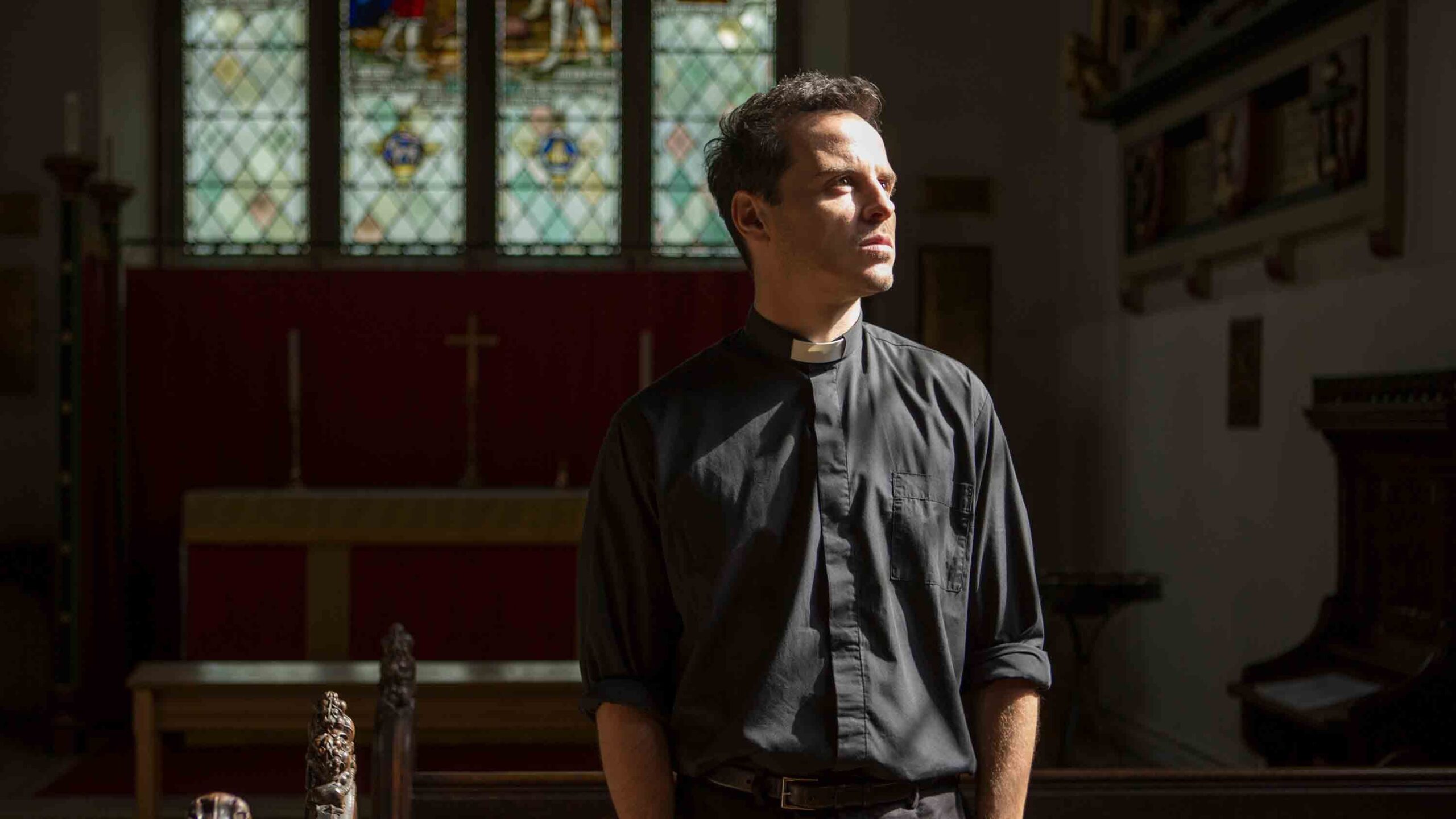
Religious Trauma and Sexuality
11th February, 2025
Faith can be a powerful source of positivity in a person’s life. But when religion is rooted in fear—especially without room for flexible, nuanced thinking—it can become a source of trauma. In this blog, I’ll explore how religious trauma and sexuality intersect and shape our relationship with intimacy.
What is Religious Trauma?
Religious trauma is the physical, emotional, or psychological response to religious beliefs, practices, or structures that an individual experiences as overwhelming or disruptive. It can have lasting adverse effects on a person’s mental, emotional, social, physical, and spiritual well-being.
Shaping Sexuality
Our formative experiences with religion can profoundly shape how we relate to sex, intimacy, and our own bodies. Many religious teachings—especially those rooted in purity culture and strict moral frameworks—frame sex as something to be controlled, feared, or avoided rather than explored as a natural and healthy part of human life.
Common teachings that contribute to religious trauma around sex include:
- Sex is only for marriage
- Sexual desire is dangerous
- God is all-seeing and all-knowing
For some, the belief that God can read your mind leads to a sense of constant surveillance, creating deep anxiety around sexual thoughts. Many people raised with these ideas develop patterns of self-monitoring, suppression, and guilt, spending significant mental energy trying to “purify” their thoughts. This can lead to chronic anxiety, depression, and disconnection from one’s own body.
Religious Trauma & Neurodivergence
Neurodivergent individuals, particularly those who are autistic or have ADHD, may be even more susceptible to religious trauma. Many neurodivergent people naturally think in black-and-white terms, making it difficult to process religious teachings with nuance. Instead, they may internalise strict moral codes in absolute terms, experiencing intense shame, self-judgment, and fear of punishment for natural sexual feelings.
When someone spends years suppressing desire and fearing sexual thoughts, it can have lasting effects on sexual well-being. Some of the long-term consequences include:
- Struggles with sexual guilt and shame
- Anxiety and overthinking during sex
- Sexual dysfunction or loss of desire
Many people find that when they do engage in sex, they are plagued by guilt and fear over doing something “wrong.” The idea of “losing virginity” as an irreversible act can create additional distress, reinforcing the notion that sex is something that takes away rather than adds to a person’s experience. Reclaiming your sexuality starts with unpacking internalised shame—recognising where your guilt comes from and challenging the narratives that make you feel “bad” for being sexual.
Religious trauma can have lasting impacts on your sexuality but healing is possible. Redefining your sexual ethics can also be transformative, shifting away from fear-based teachings toward a framework grounded in consent, mutual care, and personal values.
Exploring pleasure without fear means giving yourself permission to experience intimacy, touch, and desire without shame. Therapy and support can be invaluable in this process, especially when working with a sex-positive therapist who understands religious trauma and can help you reframe these deeply ingrained beliefs.
Sex therapy can help rewrite the rules.


